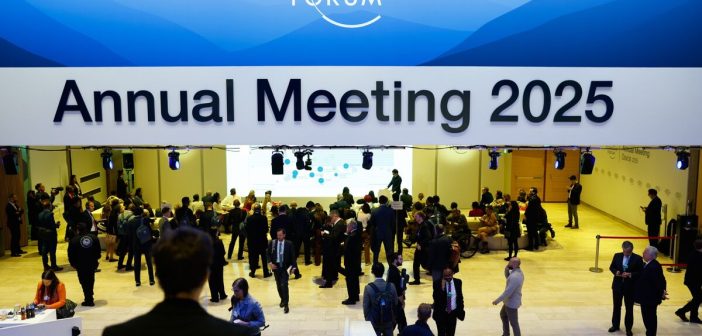A new report from the World Economic Forum highlights significant economic risks arising from increasing geo-economic fragmentation as countries increasingly use global financial and trading systems to advance geopolitical objectives through sanctions, industrial policies, and other economic measures.
The “Navigating Global Financial System Fragmentation” report, developed in collaboration with Oliver Wyman, estimates that fragmentation resulting from statecraft policies could cost the global economy between $0.6 trillion and $5.7 trillion—up to 5% of global GDP—due to reduced trade, cross-border capital flows, and lost economic efficiencies. In a high-fragmentation scenario, global inflation could increase by more than 5%.
The report underscores that the economic impact of rising geo-economic fragmentation could surpass the disruptions caused by the 2008 financial crisis or the COVID-19 pandemic. With a 370% rise in sanctions since 2017, along with subsidies, industrial policies, and discussions about parallel financial architectures, the report calls on policymakers to adopt economic statecraft that fosters cooperation, sustainable development, and resilience in the global economy.
Matthew Blake, Head of the World Economic Forum’s Centre for Financial and Monetary Systems, emphasized the urgency of the situation, stating, “The potential costs of fragmentation on the global economy are staggering. Leaders face a critical opportunity to safeguard the global financial system through principled approaches.”
The report indicates that the impact of fragmentation on inflation rates and GDP growth depends heavily on the policies adopted by global leaders. With a principled approach, policymakers can advance appropriate policies for their economies and societies while mitigating unintended effects on areas like cost of living and GDP growth.
Modeling trade relationships, the report shows that GDP growth could decrease nearly ten times more in a scenario involving a full decoupling of Eastern (China and Russia) and Western (the US and its allies) blocs compared to a lower fragmentation scenario where capital and trade flows are only restricted in sensitive areas related to national security and competitiveness. Similarly, inflation would be nearly nine times higher in this same comparison.
The report highlights the critical need for coordinated global action to address the economic challenges posed by geo-economic fragmentation and to build a more resilient and cooperative international financial system.





